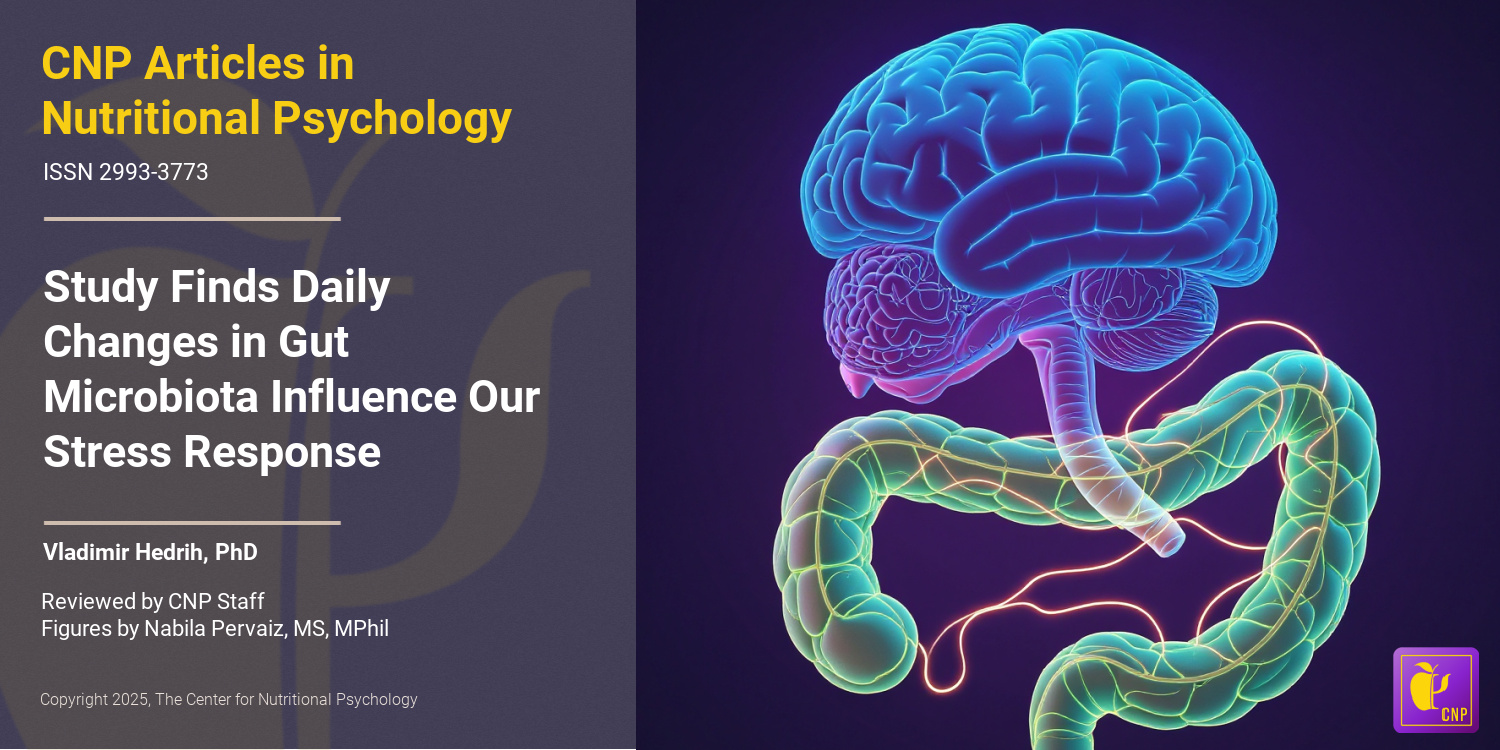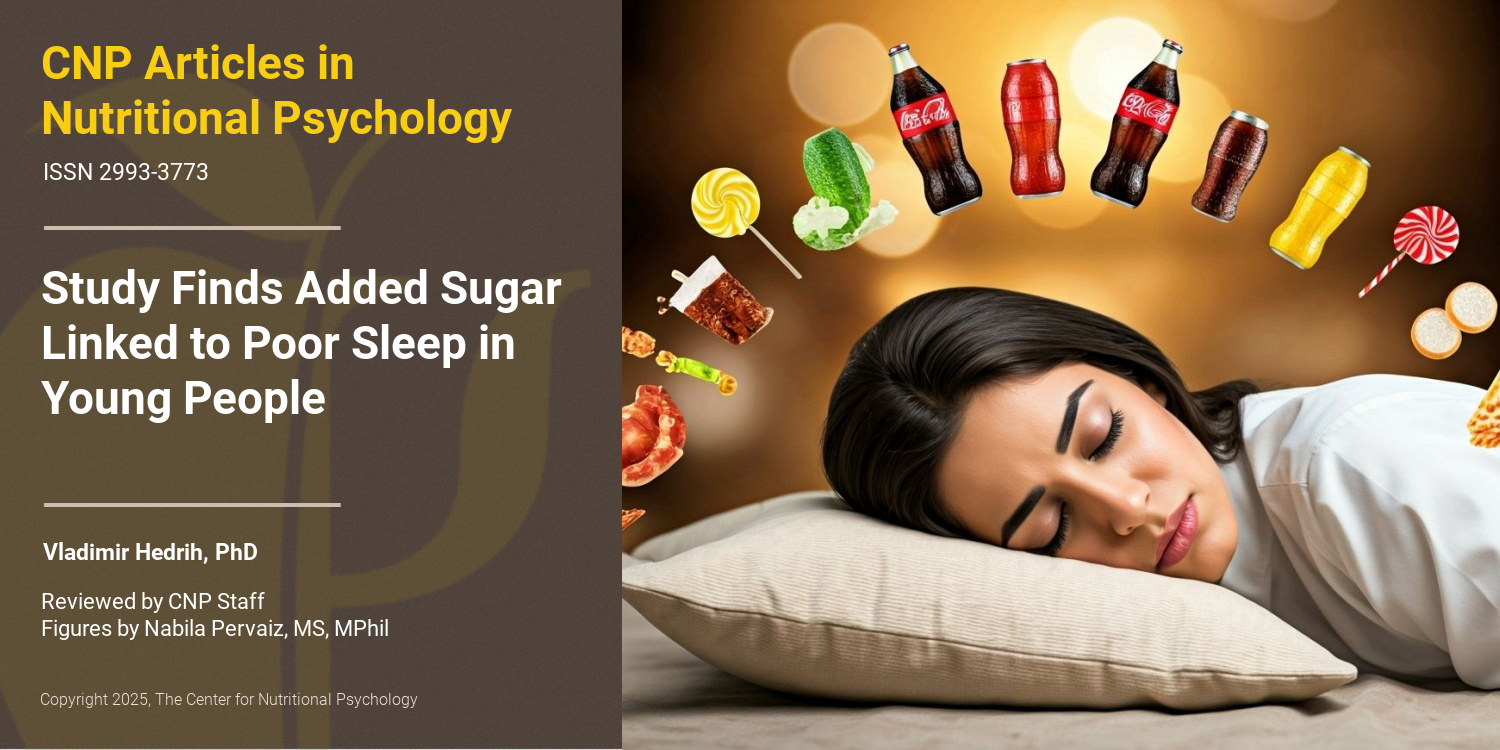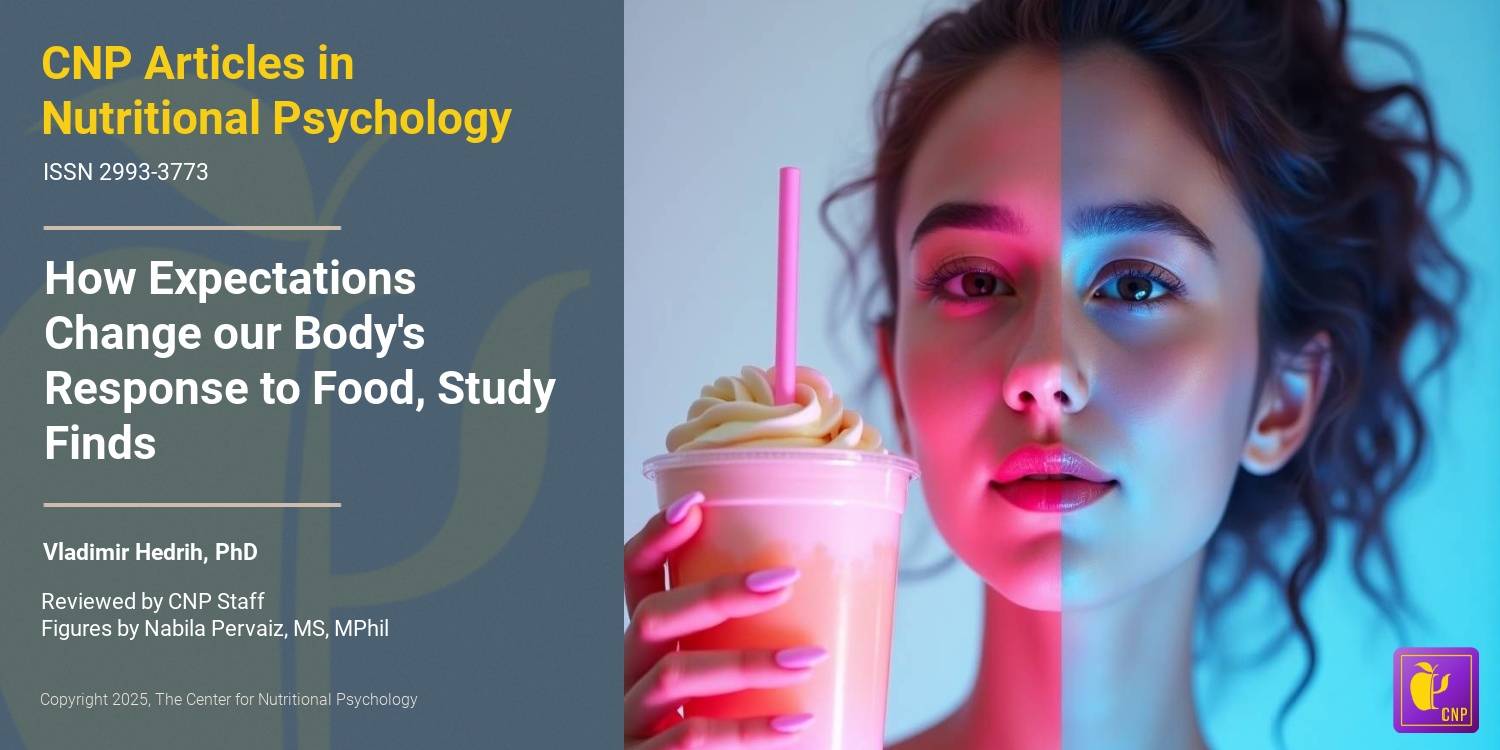The relationship between perceived stress and night eating moderated by personality: Cognitive emotion regulation as a mediator

This research article examines Night Eating Syndrome (NES), characterized by morning anorexia, evening hyperphagia, and insomnia, as a stress response detrimental to physical and mental health. Utilizing the Night Eating Questionnaire (NEQ), Perceived Stress Scale (PSS), Cognitive Emotion Regulation Questionnaire (CERQ), and the Chinese Big Five Personality Inventory brief version-15 (CBF-PI-B-15), the study explores the interplay between perceived stress, night eating behaviors, cognitive emotion regulation, and personality traits. Key findings suggest that perceived stress is a significant predictor of increased night eating behavior, with maladaptive cognitive-emotional regulation strategies mediating this relationship. Furthermore, the extraversion personality trait negatively moderates the relationship between maladaptive cognitive regulation and night eating behavior. Network analysis identifies catastrophizing and perceived tension as central nodes in the network of these relationships. The findings suggest that individuals who perceive heightened stress are more likely to engage in maladaptive cognitive strategies, thereby increasing their likelihood of experiencing night eating behaviors. Notably, extraversion serves as a protective factor that mitigates the impact of maladaptive regulation strategies on night eating behaviors. [NPID: Stress, night eating, behavior, stress response, emotion regulation, personality]
Year: 2025
 Navigation
Navigation






